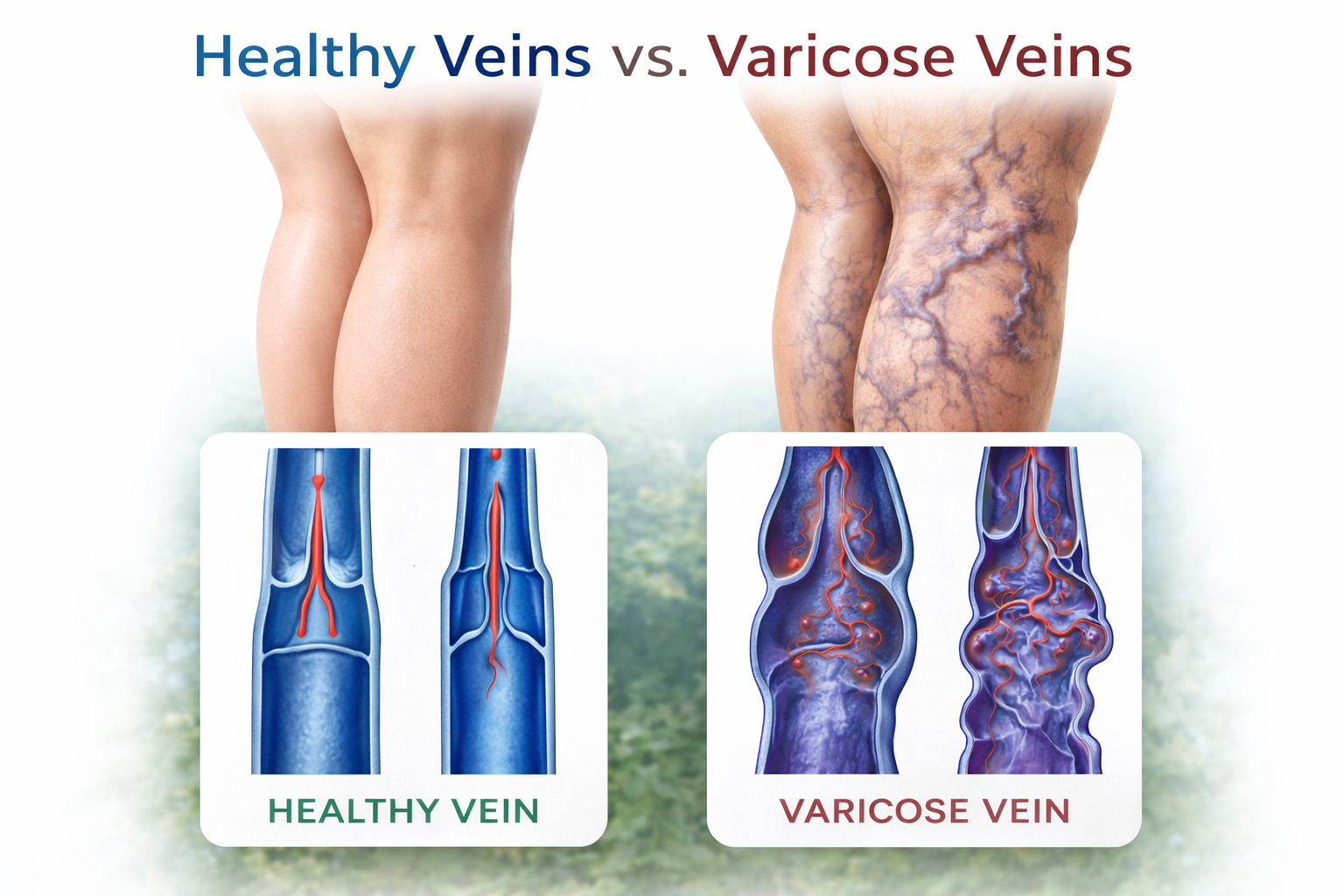Achieving and maintaining a healthy weight isn’t just about cutting calories—it’s about creating a sustainable lifestyle that optimizes your body’s ability to burn stored fat. The key lies in balancing your energy intake and expenditure while making strategic dietary and lifestyle choices. In this article, we’ll explore how to transform your habits for long-term fat-burning success.

Understanding Why Fat Accumulates
Fat storage occurs when your body experiences a chronic energy imbalance [1] —meaning that you consistently consume more calories than you burn. When this happens, the excess energy is stored as fat for later use. Modern sedentary lifestyles and highly processed diets contribute to this imbalance, making fat loss a challenge. However, by making mindful choices, you can reset your body’s metabolism and encourage it to use stored fat as fuel.
Fueling Fat Loss With Nutrient-Dense Foods
A diet rich in whole foods-based meals [2] can dramatically enhance your metabolism and fat-burning efficiency. Processed foods are often packed with additives and refined sugars that can spike insulin levels, leading to increased fat storage. Instead, focus on:
- Lean proteins (chicken, fish, tofu) to preserve muscle mass and promote satiety.
- Healthy fats (avocados, olive oil, nuts) to regulate hormones and keep cravings in check.
- Fiber-rich vegetables and whole grains to support digestion and provide lasting energy.
By prioritizing whole, nutrient-dense meals, you set the stage for your body to efficiently use fat stores for energy while maintaining overall health.
Maximizing Caloric Expenditure With Movement
While structured workouts are beneficial, incorporating more movement throughout your day can significantly boost your fat-burning capacity. This concept, known as Non-Exercise Activity Thermogenesis (NEAT) [3], refers to the calories you burn outside of intentional exercise. You can increase NEAT by:
- Taking the stairs instead of elevators.
- Walking or biking instead of driving short distances.
- Doing household chores and yard work.
- Using a standing desk at work.
Small, consistent lifestyle adjustments can lead to greater caloric expenditure over time, enhancing your body’s ability to burn stored fat.
Calorie Restriction for Effective Fat Loss
Rather than continuously slashing calories, research suggests that calorie restriction [4] can be a more sustainable and effective approach. This method involves alternating between periods of normal eating and calorie reduction. Benefits include:
- Preventing metabolic slowdown, which often occurs with continuous dieting.
- Enhancing fat oxidation by giving your body time to tap into stored fat reserves.
- Helping control hunger hormones, making it easier to maintain a healthy eating pattern.
By incorporating intermittent calorie restriction, you can optimize fat burning while maintaining muscle mass and energy levels.
Hydration: The Overlooked Key to Fat Loss
Staying hydrated [5] is often overlooked but plays a critical role in weight management. Proper hydration helps:
- Boost metabolism by aiding in digestion and nutrient absorption.
- Suppress appetite by preventing thirst from being mistaken for hunger.
- Improve workout performance, allowing for more effective calorie burning.
Aim to drink at least 8-10 cups of water daily, and consider increasing intake if you’re active or live in a warm climate.
Final Thoughts
Fat loss isn’t about quick fixes or extreme restrictions—it’s about making gradual, sustainable changes. By addressing chronic energy imbalance through whole foods-based meals, increasing Non-Exercise Activity Thermogenesis, experimenting with calorie restriction, and staying hydrated, you can create an environment where your body naturally prioritizes fat-burning. Stay consistent, be patient, and trust the process—your body is designed to thrive when given the right tools.
References
- National Institutes of Health (NIH). (n.d.). Information about Energy Balance. In NIH Curriculum Supplement Series [Internet]. Bethesda (MD): National Center for Biotechnology Information. Retrieved from https://www.ncbi.nlm.nih.gov/books/NBK20371/
- Migala, J. (2024, February 7). Whole-Foods Diet 101: A Complete Beginner’s Guide. Everyday Health. Medically reviewed by R. Ehsani, RD. Retrieved from https://www.everydayhealth.com/diet-nutrition/whole-foods-diet/
- Levine, J. A. (2004). Non-exercise activity thermogenesis (NEAT). National Center for Biotechnology Information (NCBI). Retrieved from https://www.ncbi.nlm.nih.gov/books/NBK279077/
- Miao, J. (2023, January 18). Reducing overall calories may promote weight loss more effectively than intermittent fasting, AHA study finds. ABC News. Retrieved from https://abcnews.go.com/Health/reducing-calories-promote-weight-loss-effectively-intermittent-fasting/story?id=96495045
- Huizen, J. (2023, October 16). Does drinking water help you lose weight? Benefits and amount. Medical News Today. Medically reviewed by M. L. Johnson, MS, RD, CPT. Retrieved from https://www.medicalnewstoday.com/articles/322296





